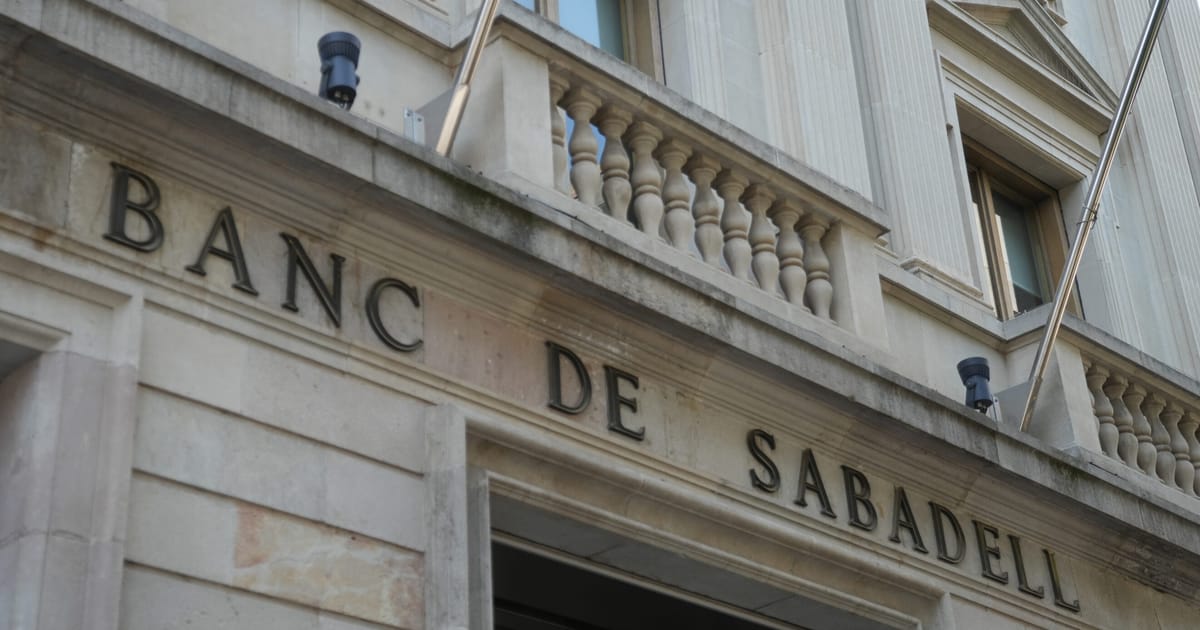Tensions are now at an all-time high as Barcelona and Madrid await the results on Oct. 10 of the second takeover offer by BBVA, at a higher price per share, to Banc Sabadell’s shareholders.
To many Catalans, the deal is viscerally political — and not simply a matter of stock valuations. While the EU may be pushing for more bank mergers to ensure European finance houses are more internationally competitive, the idea of losing Banc Sabadell to interests in Madrid is anathema.
Banc Sabadell has a symbolic cachet in Catalonia. Were the region to win independence, it would be an important economic motor for the nation. It is critical to funding the region’s all-important small- and medium-sized enterprises.
This makes the deal a headache for Prime Minister Pedro Sánchez. Although the takeover has been approved by Spain’s antitrust authority, he has sought to attach extra hurdles to it to please his Catalan nationalist allies, who are vital to the survival of his fragile government.
Emotional element
Catalonia’s Economy Minister Alícia Romero supports the Spanish government’s extra restrictions on the deal — which include a three-year postponement of the merger once BBVA acquires a majority of shares. During these three years BBVA would not be able to fire staff, close offices or merge its IT systems or accounts, keeping Banc Sabadell as a separate entity. That makes the merger more risky for BBVA.
“It is true that there is an emotional element here,” she told POLITICO. “This is a bank that was born in Sabadell, a prominent textile city, of the Catalan bourgeoisie, which has always been committed to financing SMEs” — a sector she called Catalonia’s “economic fabric.”
